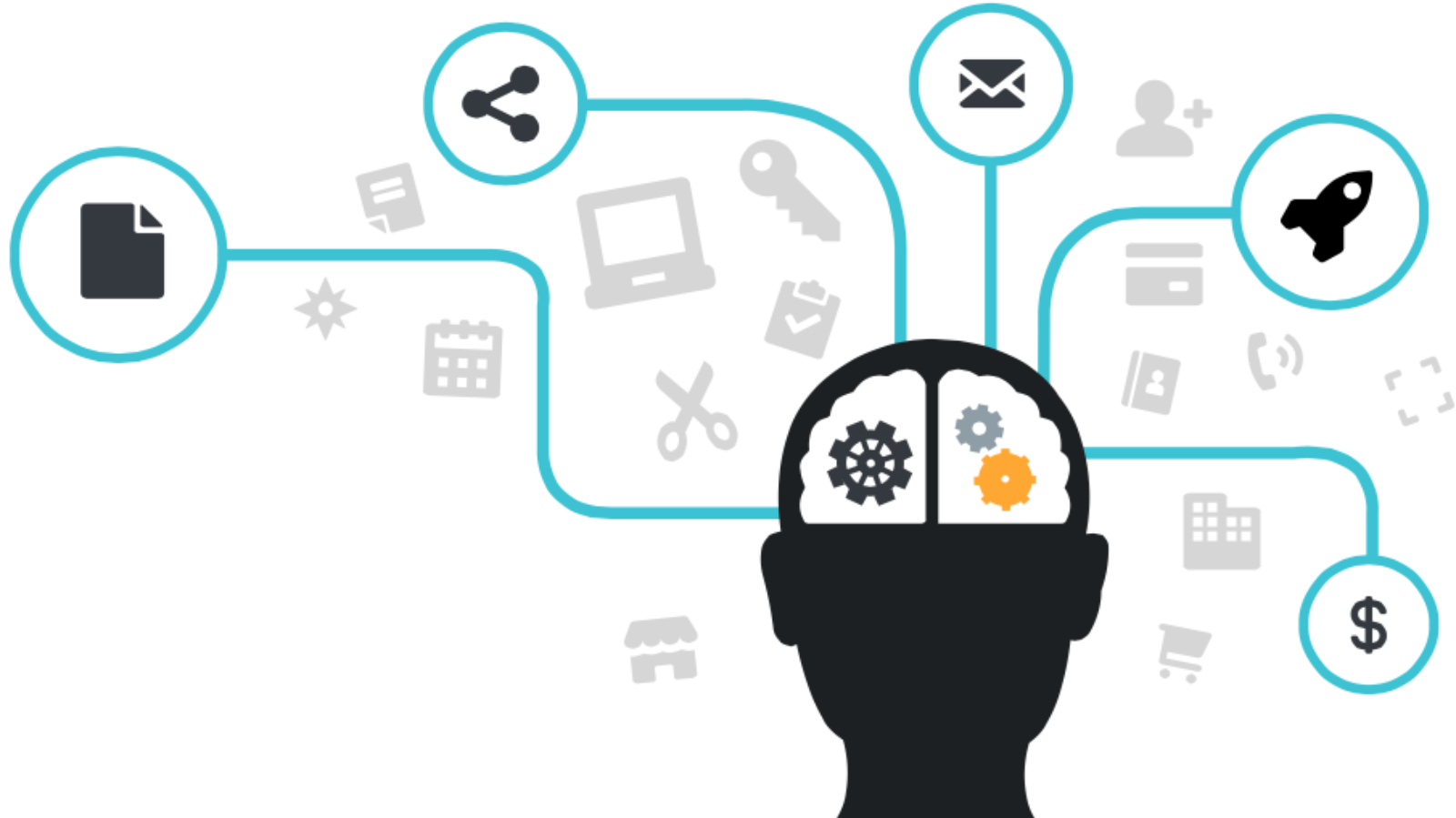Blog Details

- 19 Jun
- 2023
Exploring Innovative Technologies Revolutionizing the School Setting
Introduction:
In today's rapidly advancing world, technology has permeated every aspect of our lives, transforming the way we work, communicate, and learn. The education sector, in particular, has witnessed a significant digital revolution, with numerous innovative technologies reshaping the traditional school setting. In this blog post, we will dive into some of the latest technologies that are revolutionizing education, empowering students and educators alike, and enhancing the learning experience in ways we could only imagine a decade ago.
Virtual Reality (VR) and Augmented Reality (AR):
Virtual Reality and Augmented Reality technologies are breathing new life into classrooms, transcending the boundaries of traditional learning. VR immerses students in virtual environments, allowing them to explore historical landmarks, distant galaxies, or even microscopic organisms, bringing abstract concepts to life. AR overlays virtual objects onto the real world, enhancing hands-on learning experiences. These technologies stimulate creativity, foster engagement, and enable interactive learning like never before.
Artificial Intelligence (AI) in Education:
Artificial Intelligence is revolutionizing education by personalizing the learning experience. Adaptive learning platforms powered by AI algorithms analyze students' performance data and tailor content to meet their individual needs. Intelligent tutoring systems provide personalized feedback, identify knowledge gaps, and suggest targeted learning resources. AI-powered chatbots assist students with inquiries and offer real-time support, easing the burden on educators and enhancing accessibility.
Gamification of Learning:
Gamification has emerged as a powerful tool for fostering student engagement and motivation. By incorporating game elements such as rewards, challenges, and leaderboards into educational activities, learning becomes more enjoyable and interactive. Educational games and gamified platforms help students develop critical thinking, problem-solving skills, and teamwork while making learning a fun and immersive experience.
Robotics and Coding:
Robotics and coding are becoming increasingly popular in schools, equipping students with essential 21st-century skills. Robotics kits and coding platforms enable hands-on exploration of STEM concepts and nurture problem-solving abilities. Students learn to design, program, and control robots, fostering creativity, logical thinking, and teamwork. These technologies bridge the gap between theory and practical application, preparing students for future careers in fields like robotics, automation, and artificial intelligence.
Collaborative Online Platforms:
Collaborative online platforms, such as Google Classroom and Microsoft Teams, have transformed the way students and educators interact and collaborate. These platforms streamline communication, file sharing, and assignment submission, making distance learning more accessible and efficient. Real-time collaboration features enable students to work together on projects, fostering teamwork and communication skills, regardless of their physical location.
Conclusion:
The integration of innovative technologies into the school setting is revolutionizing education, enhancing the learning experience, and preparing students for the challenges of the digital age. Virtual Reality, Augmented Reality, Artificial Intelligence, gamification, robotics, coding, and collaborative online platforms are just a few examples of the vast array of technological advancements shaping modern education. As these technologies continue to evolve, educators must embrace them and leverage their potential to unlock new opportunities for engaging, personalized, and effective learning experiences that will empower students to thrive in the ever-changing world. Schoolplannet is committed to staying at the forefront of these technological advancements and supporting schools in adopting and harnessing the power of innovation in education.